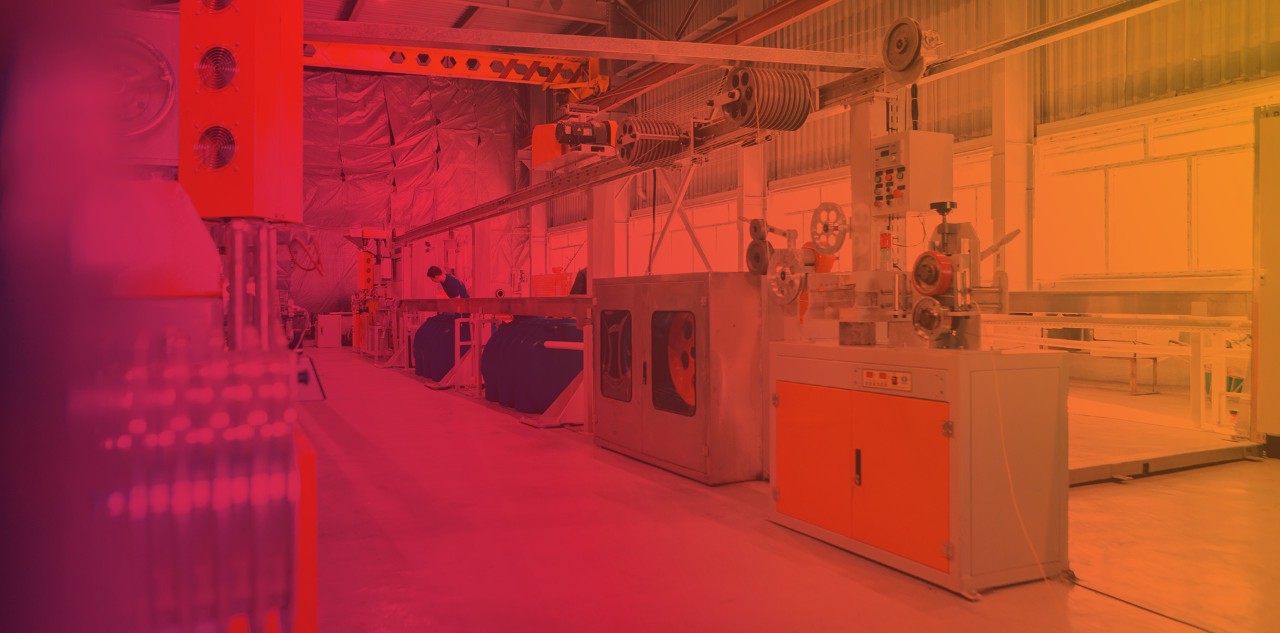The need for physical and manual skills in workers will fade, as many forms of automation and AI can replicate these and take over the related jobs. However, both advanced and basic technological skills and digital skills will be in demand. Research from McKinsey indicates that through 2030, the time spent using advanced technological skills will increase by 50% in the U.S. Likewise, strong social and emotional skills—like empathy, creativity, and compassion—will become a requirement for all employees, as this is one skill area where automation and AI cannot currently compete with humans.
This skill shift will impact many industries, and one example is related to banking. The financial services industry will require employees to obtain stronger social and emotional skills, as jobs such as tellers and accountants will start to decrease with automation moving in to take over—using more efficient forms of data input, money handling, basic numeracy and computing skills, etc. Another industry in which we will see many transformations due to automation is healthcare. Administrative roles like appointment schedulers, document processors and other office staff members will decrease as tasks related to scheduling appointments and maintaining medical records can be automated. Similarly, roles in which employees monitor patient vitals—blood pressure, temperature, heart rate, pulse, etc.—and maintain medical equipment can be performed by automated technology. The job positions in which the healthcare profession will see growth, on the other hand, are in nursing, doctors and care-providing roles; AI is not likely to reach this level of finely tuned human diagnostics and compassionate skill.
Overall, the workforce will change in many different ways, and the rearranging of job skills and tasks is just one example. To effectively implement this type of digital transformation, an overall mindset change is required, stemming from C-level and HR employees. The entire structure of a business must also evolve, with automated technology becoming an integral part of the day-to-day process in order to free up employees from routine tasks—granting them the opportunity to reposition themselves in job positions with higher-value responsibilities.




















